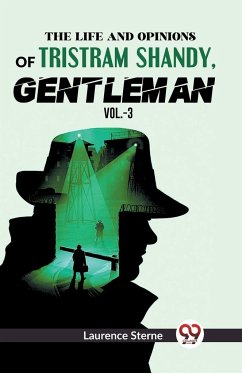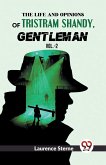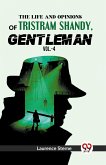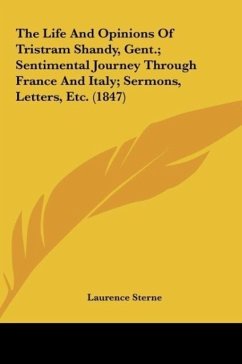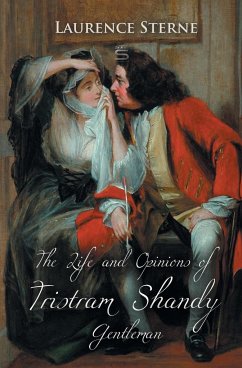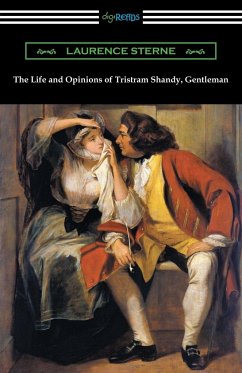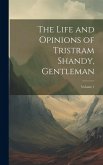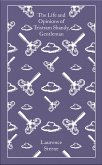"The Life and Opinions of Tristram Shandy, Gentleman" continues its unconventional and humorous exploration of Tristram Shandy's life and thoughts in Volume 3, written by Laurence Sterne. In this volume, Sterne continues to defy traditional narrative structures and conventions, offering readers a fragmented and digressive account of Tristram's experiences. The book delves deeper into Tristram's eccentric family dynamics, his childhood mishaps, and his interactions with a colorful cast of characters. Sterne's narrative style, filled with witty asides and playful tangents, creates a whimsical and satirical atmosphere throughout the novel. Volume 3 delves into Tristram's attempts to recount his own birth, a narrative thread that is continuously interrupted and sidetracked by the author's musings on various topics. It is a witty and thought-provoking continuation of Tristram Shandy's story, offering readers a unique and entertaining reading experience.
Hinweis: Dieser Artikel kann nur an eine deutsche Lieferadresse ausgeliefert werden.
Hinweis: Dieser Artikel kann nur an eine deutsche Lieferadresse ausgeliefert werden.

